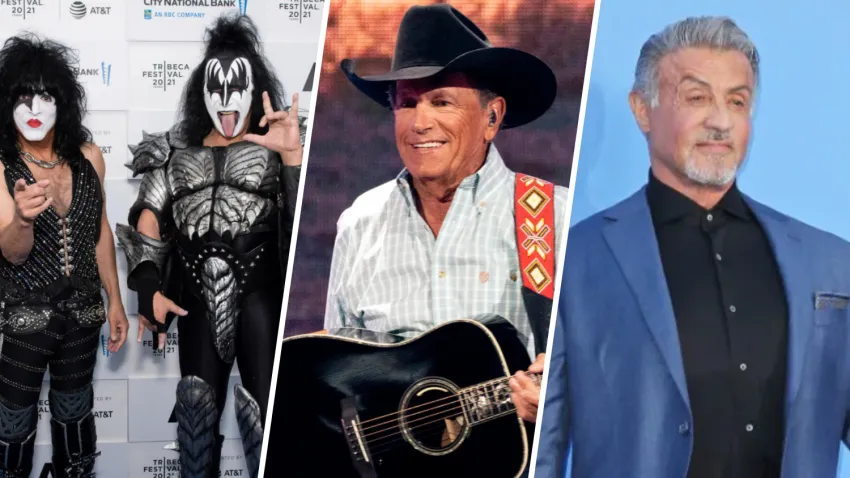Kennedy Center Honors: History, significance and the 2025 controversy

Trump names George Strait, Sylvester Stallone, Gloria Gaynor and more as Kennedy Center honorees amid board shake-up and controversy
The Kennedy Center Honors is an annual celebration recognizing outstanding contributions to American performing arts, including music, dance, theater, and film. Established in 1978, the awards have honored a wide array of artists, from George Balanchine and Aretha Franklin to Tom Hanks and Stephen Sondheim. Recipients are celebrated for their lifetime achievements and lasting influence on culture. Traditionally, U.S. presidents from both major parties attend the ceremonies, underscoring the national importance of the awards.
Significance of the Honors
The Kennedy Center Honors are more than a trophy; they symbolize recognition at the highest level of the arts in the United States. Honorees receive a medallion on a rainbow-colored ribbon, representing the diversity of disciplines within the performing arts. The ceremony is held at the Kennedy Center Opera House in Washington, D.C., and features performances and tributes celebrating the honorees’ careers. The awards serve as both a personal accolade for artists and a broader acknowledgment of the cultural value of their work.
READ ALSO
Gloria Gaynor, others nominated for Kennedy Center Honors by Trump
Why the 2025 Nominees Are Controversial
This year, the controversy stems from President Donald Trump’s increased involvement in the Kennedy Center. As the center’s new chairman, Trump has taken a hands-on approach, replacing the board of trustees with loyalists and asserting significant influence over the nomination and programming processes. Among the first honorees under his leadership are country music star George Strait, actor Sylvester Stallone, singer Gloria Gaynor, rock band KISS, and actor-singer Michael Crawford.
Critics argue that Trump’s hands-on role, including claims of rejecting candidates he considered “too woke,” undermines the traditional, bipartisan selection process that historically involved an advisory committee. The increased politicization has prompted some performers and producers, such as the team behind Hamilton, Issa Rae, Rhiannon Giddens, and author Louise Penny, to withdraw from events at the Kennedy Center in protest. Additionally, proposals to rename the center or its Opera House after Trump and Melania Trump have drawn criticism and legal scrutiny.
The Broader Implications
The controversy highlights the tension between political influence and artistic recognition. While the Kennedy Center Honors aim to celebrate artistic excellence irrespective of politics, this year’s developments have sparked debate over whether the awards can maintain their traditional credibility and prestige. Observers are also watching how Trump’s changes — including renovations, programming decisions, and restrictions on certain performances — will affect the institution’s reputation and relationships with artists.
The Kennedy Center Honors remain a benchmark of achievement in American arts, but 2025 has brought unprecedented political involvement to the forefront. While the nominated artists are celebrated for their accomplishments, the selection process and leadership changes have become a central part of the public conversation, raising questions about the intersection of politics, culture, and recognition in one of the nation’s most prestigious arts institutions.

